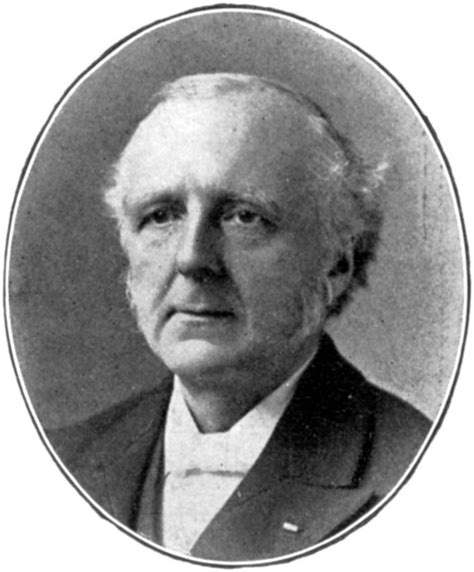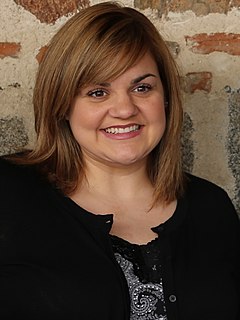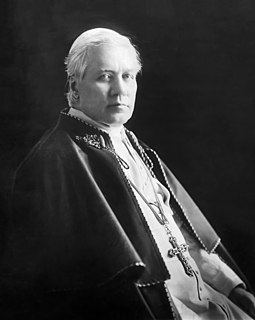A Quote by J. C. Ryle
A man may commit sin and yet be ignorant of it, and fancy himself innocent when he is guilty... We shall do well to remember that when we make our own miserably imperfect knowledge and consciousness the measure of our sinfulness, we are on very dangerous ground.
Related Quotes
Our own theory is that sin was ordained only in view of redemption, and that accordingly redemption shows forth as the gain bound up with sin; in comparison with which there can be no question whatever of mischief due to sin, for the merely gradual and imperfect unfolding of the power of the God-consciousness is one of the necessary conditions of the human stage of existence.
We live in a society that will send us to prison if we make use of time-honored sacred plants to explore our own consciousness. Yet surely the exploration and expansion of the miracle of our consciousness is the essence of what it is to be human? By demonstrating and persecuting whole areas of consciousness, we may be denying ourselves the next vital step in our own evolution.
The saying that a little knowledge is a dangerous thing is, to my mind, a very dangerous adage. If knowledge is real and genuine, I do not believe that it is other than a very valuable posession, however infinitesimal its quantity may be. Indeed, if a little knowledge is dangerous, where is a man who has so much as to be out of danger?
For if it is not lawful to take the law into our own hands and slay even a guilty person, whose death no public sentence has warranted. Then certainly he who kills himself is a homicide, and so much the guiltier of his own death as he was more innocent of that offence for which he doomed himself to die.
Mindful consumption is the object of this precept. We are what we consume. If we look deeply into the items that we consume every day, we will come to know our own nature very well. We have to eat, drink, consume, but if we do it unmindfully, we may destroy our bodies and our consciousness, showing ingratitude toward our ancestors, our parents, and future generations.
That this is the source of our fellow-feeling for the misery of others, that it is by changing places in fancy with the sufferer, that we come either to conceive or to be affected by what he feels, may be demonstrated by many obvious observations, if it should not be thought sufficiently evident of itself. When we see a stroke aimed and just ready to fall upon the leg or arm of another person, we naturally shrink and draw back our own leg or our own arm; and when it does fall, we feel it in some measure, and are hurt by it as well as the sufferer.
Therefore, when we find our heart inflamed with love to God, we may know that God hath shined upon our souls in the pardon of sin; and proportionally to our measure of love is our assurance of pardon. Therefore we should labour for a greater measure thereof, that our hearts may be the more inflamed in the love of God.
Whatever plane our consciousness may be acting in, both we and the things belonging to that plane are, for the time being, our only realities. As we rise in the scale of development we perceive that during the stages through which we have passed we mistook shadows for realities, and the upward progress of the Ego is a series of progressive awakenings, each advance bringing with it the idea that now, at last, we have reached "reality"; but only when we shall have reached the absolute Consciousness, and blended our own with it, shall we be free from the delusions produced by Maya [illusion].
Devil does not bring sinners to Hell with their eyes open: he first blinds them with the malice of their own sins. He thus leads them to eternal perdition. Before we fall into sin, the enemy labours to blind us, that we may not see the evil we do, and the ruin we bring upon ourselves by offending God. After we commit sin, he seeks to make us dumb, that, through shame, we may conceal our guilt in confession.
Truly we are passing through disastrous times, when we may well make our own the lamentation of the Prophet: "There is no truth, and there is no mercy, and there is no knowledge of God in the land" (Hosea 4:1). Yet in the midst of this tide of evil, the Virgin Most Merciful rises before our eyes like a rainbow, as the arbiter of peace between God and man.





































